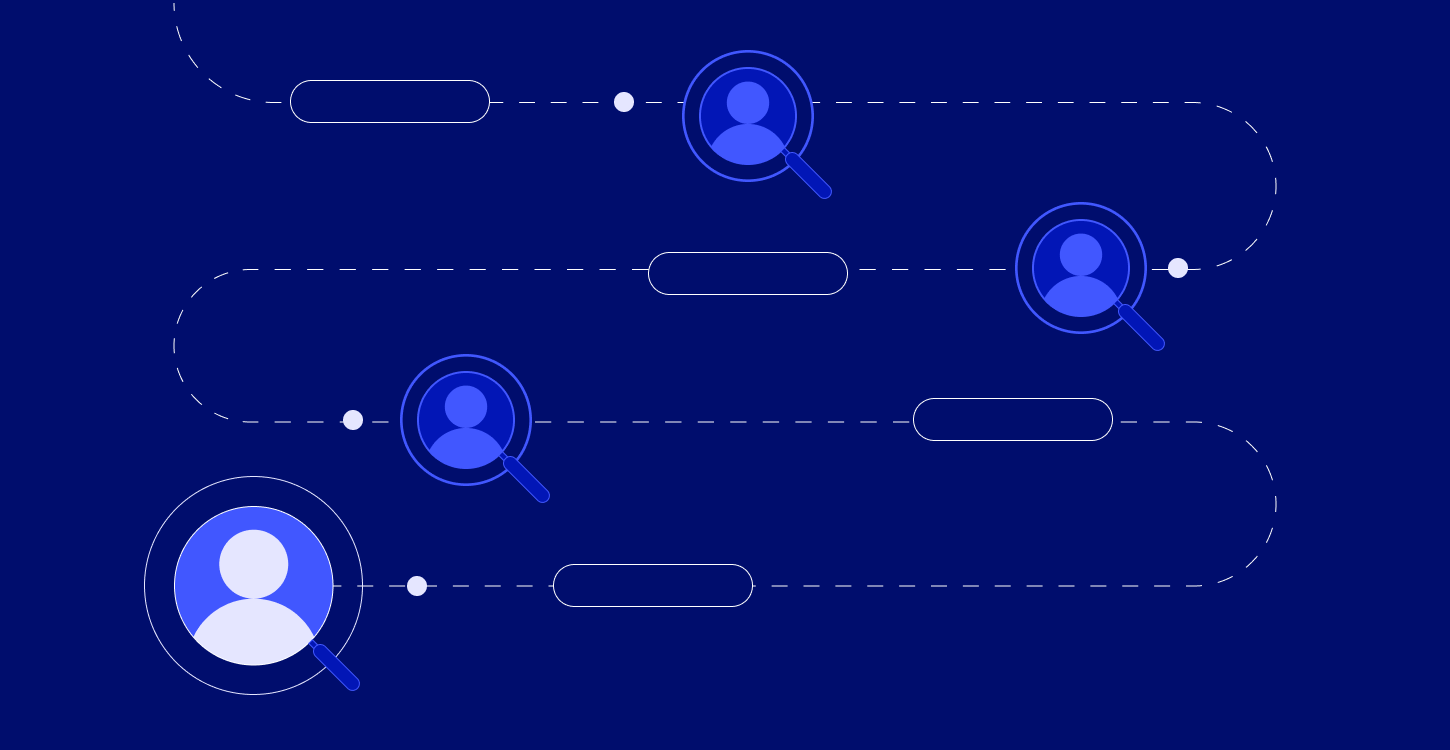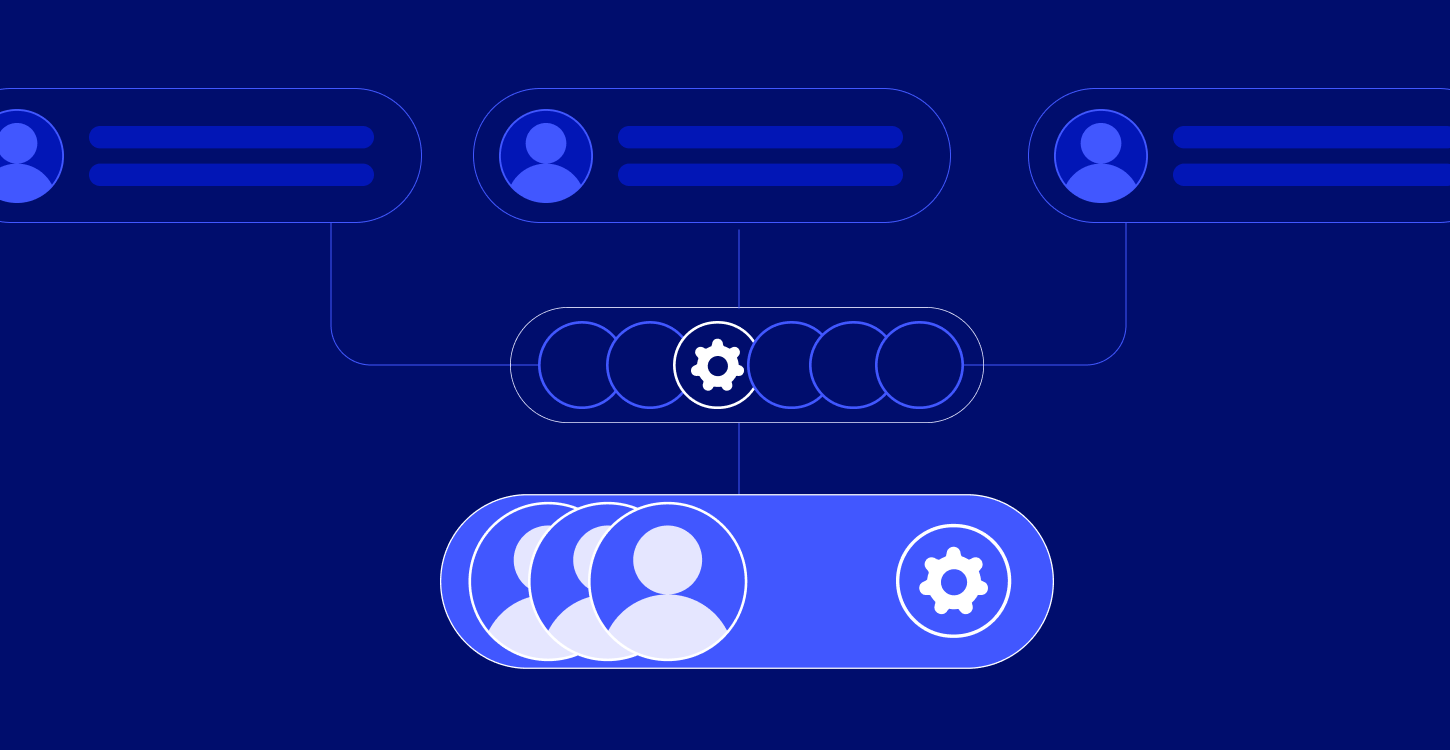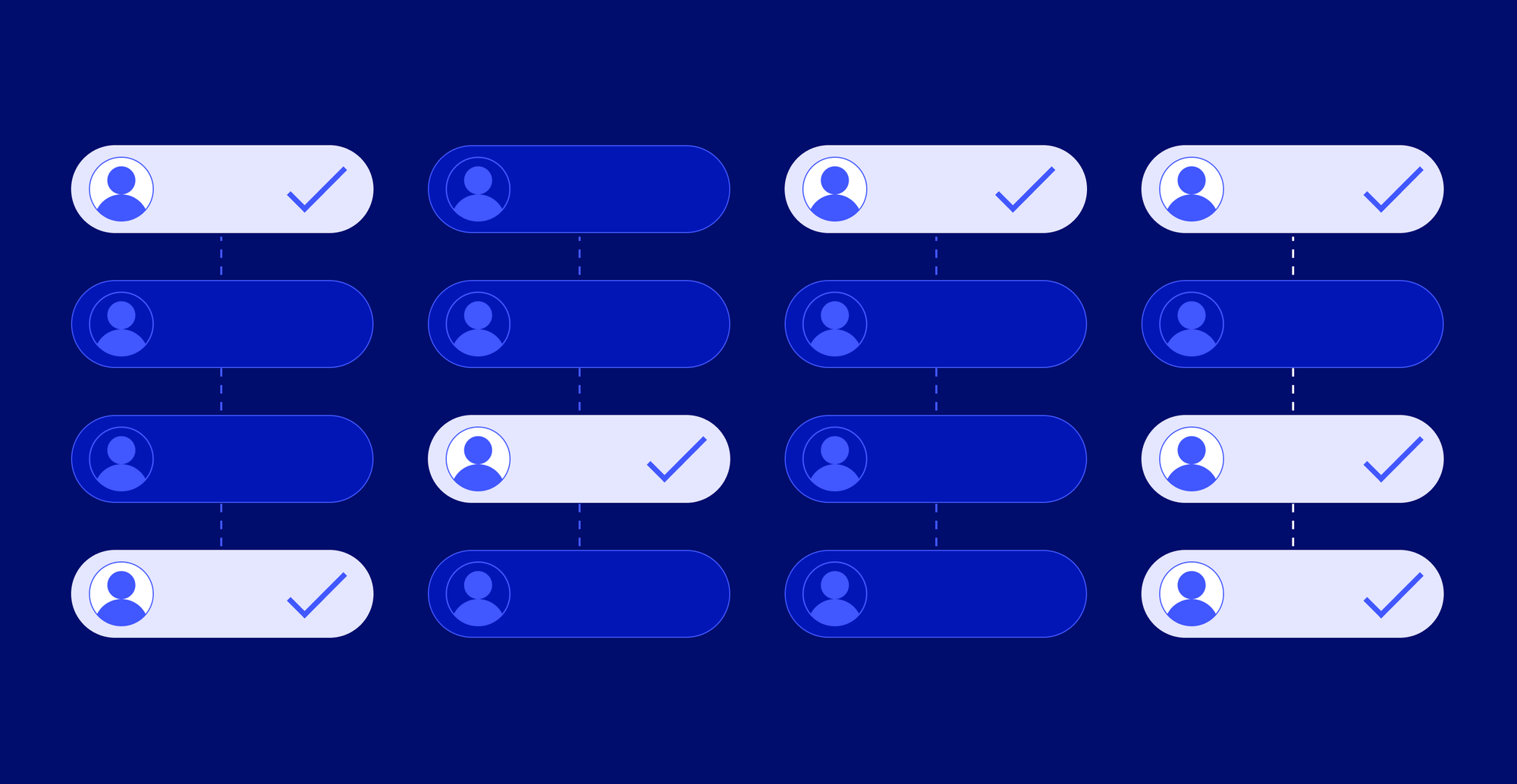Leads Scoring: the basis for reaching your sales goals
Lead scoring helps to route and prioritize leads based on data. Identify hot leads ready to buy to increase your team performance
.jpeg)


The objective of lead scoring is to rank and prioritize your leads based on different criteria and data points. The ultimate goal is to identify the hot leads, the ones most ready to buy so that your teams can focus their actions on them rather than wasting time on cold leads.
When you know that when a salesperson starts a discussion with a prospect, 73% of them are not yet interested enough (according to a Marketing Sherpa study). We quickly understand the importance of focusing on the remaining 27% who are ready to buy. By identifying the prospects that have value you will increase your conversion rate.
1. The benefits of lead scoring
If you have a good lead sourcing strategy, all the leads you generate correspond to your Ideal Customer Profile (also called buyer persona). They are already at least qualified. But some of them are hotter than others: some leads are qualified but not yet ready to buy, and others are qualified and ready to buy!
The final goal of the lead scoring is to differentiate these 2 types of leads in order to identify your potential customer.
According to your lead scoring system, your Sales team and Marketing team will work on the hottest lead before the other.
What is lead scoring?
According to HubSpot, lead scoring is "a methodology for ranking prospects on a value scale based on their maturity level to become customers."
Lead scoring consists of automatically assigning a rating to each lead based on precise criteria defined.
This rating is based on several criteria to answer a triple question:
- who is my prospect?
- how does he interact with my company?
- what is the probability that he will become a customer?
Scoring criteria can be very different from one company to another and will depend on your needs, your company, your business, etc... but the goal will always be to determine a quality lead in order to focus your efforts on high-quality leads, ready to sign. For this, you have to determine the point value. Some examples of criteria:
properties of the contact such as:
- job title
- current projects
- demographic criteria like:
- age
- gender
- location
- ...
the individual's interactions with your company:
- reaction on social media
- webinar participation
- click on the landing page
- download your guideline pdf from a blog post
- chat with your Customer Success team
- visits your pricing page 3 times in less than a week
- ...
the company's properties:
- company size
- industry
- tools and stack used in the company
- ...
Why your business needs lead scoring?
A few numbers often speak louder than words (source: Marketing Sherpa study):
- 2/3 of the leads contacted by your sales team are not yet ready to buy
- Only 21% of companies have a lead scoring process, so simply adopting it will give you an advantage over your competitors
The main benefits of lead scoring for your company:
- Increase your conversion rate by improving:
- lead qualification (your leads correspond to your target audience)
- quality lead’s
- Increase the efficiency of your teams by:
- contacting the best leads / hot leads (those with the higher score) before
- don’t waste time with leads with negative scoring
- generate the right leads at the right point in the sales cycle
2. How to implement a lead scoring process?
Before scoring leads you must already do a lead generation corresponding to the Ideal Customer Profile (or buyer persona) you have determined.
When this first step is OK, you generate qualified leads that must then be scored according to metrics to calculate a score in your CRM.
You have to define your scoring criteria and determine the point value
How? By making tests and iterations! In order to determine the point at which you can qualify a lead from MQL (Marketing Qualified Lead) to SQL (Sales Qualified Lead), you need to test your lead scoring model and analyze your results regularly.
It is by iterating that you will find the right lead scoring model and improve your methodology according to the particular needs of your business and really sends the important signal that "the lead is ready to buy".
For example, you can determine that:
- if a lead visits your pricing page 3 times in less than a week it's worth 3 points
- if he clicks on the video link in your newsletter it's worth 2 points
- So your lead has 5 points
- Maybe after a month, you will realize that the visit to the pricing page is not so important
- Maybe a lead who likes your Linkedin posts (or another social media) every week is worth much more
- You will improve your lead scoring model thanks to these metrics
You can also draft a lead scoring model according to your ideal customer journey.
To help you build your lead scoring model and algorithms, you can find templates on the internet or use lead scoring software. This kind of tool can help you to make predictive lead scoring. Here are some of the most popular lead scoring tools:
- CRM like Hubspot or Salesforce
- ActiveCampaign
- Marketo
- MadKudu
Reminder to have a good lead scoring system:
- Sales teams, Marketing teams, and Customer Success teams must participate in this lead scoring system so that you have all the necessary inputs
- Your model will have to adapt and evolve continuously
3. Actions that have an impact thanks to lead scoring
Each company has a definition of MQL (Marketing Qualified Leads), SQL (Sales Qualified Leads), Sales-ready leads, qualified leads, etc... Whatever your definition. What matters is that your Sales teams have the right Sales lead, and the right information in the right place at the right time to convert your leads into customers.
Selling your solution to the ones who need it
To facilitate and speed up your sales process and improve your conversion rate, you have only to address the leads with the best score those who are sales-ready. And to know which will benefit from your solution: the ones that are facing a pain that you want to relieve.
To Help your Sales Rep, you can create the leads directly on the right stage of your sales funnel in your CRM, according to your own sales cycle and their scoring.
Focus your marketing strategy and marketing automation on your lead’s pain
Knowing their pain is knowing how to approach your leads. That’s why you want to collect as much as information possible about their problems and work context. In this way, you can improve your marketing strategy by concentrating your marketing efforts on your lead’s pain.
Your marketing campaigns will be more efficient thanks to the different data points you have collected. You will be able to:
- use multiple variables in your outbound to create proximity with your leads
- personalize your lead nurturing
Prospect smarter with live stakeholder mapping
One click in Salesforce reveals the entire verified buying committee with accurate contact details and keep stakeholders up-to-date. It’s not just “updated often” — it’s actually live.






.png)


.png)





